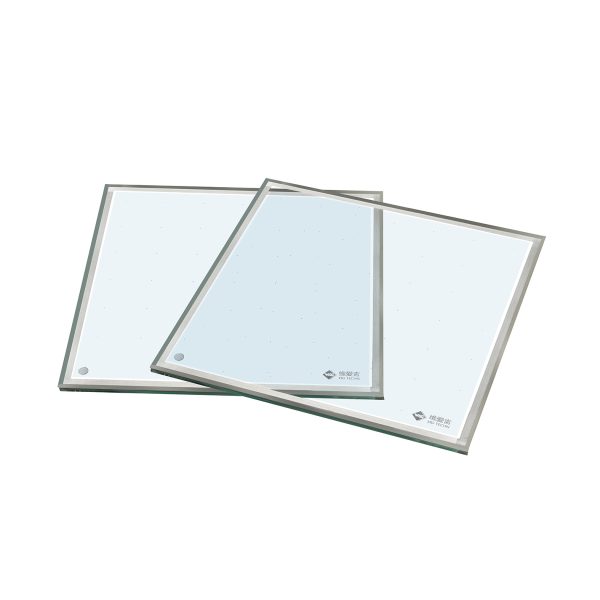Understanding Vacuum Insulated Windows
Vacuum insulated windows represent a significant advancement in energy-efficient building technology, utilizing a vacuum between panes of glass to minimize heat transfer. The construction involves two glass panes, where the space between them is evacuated to create a vacuum, drastically reducing conduction and convection heat loss. This technology not only enhances thermal performance but also contributes to lower energy bills and improved comfort. Buildings equipped with these windows can maintain interior temperatures more effectively, reducing the reliance on heating and cooling systems. Hence, the installation of vacuum insulated windows is gaining traction in both residential and commercial sectors. In practice, environments with extreme temperature fluctuations showcase the distinct advantages of these windows, from urban high-rises to rural homes.

Enhancing Home Efficiency with Double Glazed Vacuum Sealed Windows
Double glazed vacuum sealed windows take the efficiency of standard double glazing to new heights by adding a layer of emptiness that enhances insulation performance. These innovative windows feature a sealed unit where the space between ordinary double glazing has been evacuated. This design minimizes thermal transfer and unwanted noise, creating a more serene and comfortable living environment. Homeowners and builders increasingly prefer double glazed vacuum sealed windows due to their durability and energy efficiency. As a case in point, a recent study showed that homes with these windows can experience a reduction of up to 50% in heating costs compared to traditional windows. With advancements in manufacturing technology, these windows are becoming more accessible, offering both aesthetic appeal and practicality.
Thermally Efficient Doors: A Complement to Energy-Saving Windows
Incorporating thermally efficient doors into a structure complements the benefits of vacuum insulated windows by ensuring overall energy efficiency. These doors are designed with advanced insulating materials and an air-tight seal, preventing thermal bridging and air leakage. When coupled with thermally efficient doors, the performance of any building increases significantly. For instance, a residential property that utilizes both vacuum insulated windows and energy-efficient doors can achieve better climate control and up to 30% higher energy efficiency ratings. This combination is particularly beneficial in regions facing extreme weather conditions, as it provides an additional barrier against heat loss in winter and heat gain in summer. Homeowners seeking to enhance the sustainability of their living spaces are increasingly integrating these solutions.

Conclusion: SuperVIG as Your Go-To Manufacturer
In summary, vacuum insulated windows, along with double glazed vacuum sealed windows and thermally efficient doors, represent a holistic approach to energy efficiency in contemporary architecture. They not only improve comfort but also come with a wide range of practical benefits and savings. For those looking to invest in such innovative solutions, SuperVIG stands out as a manufacturer that offers significant supply advantages, ensuring high-quality products that meet evolving market demands. Their expertise in vacuum insulation technology positions them as a reliable partner for homeowners and builders alike, championing the cause of energy-efficient construction.
